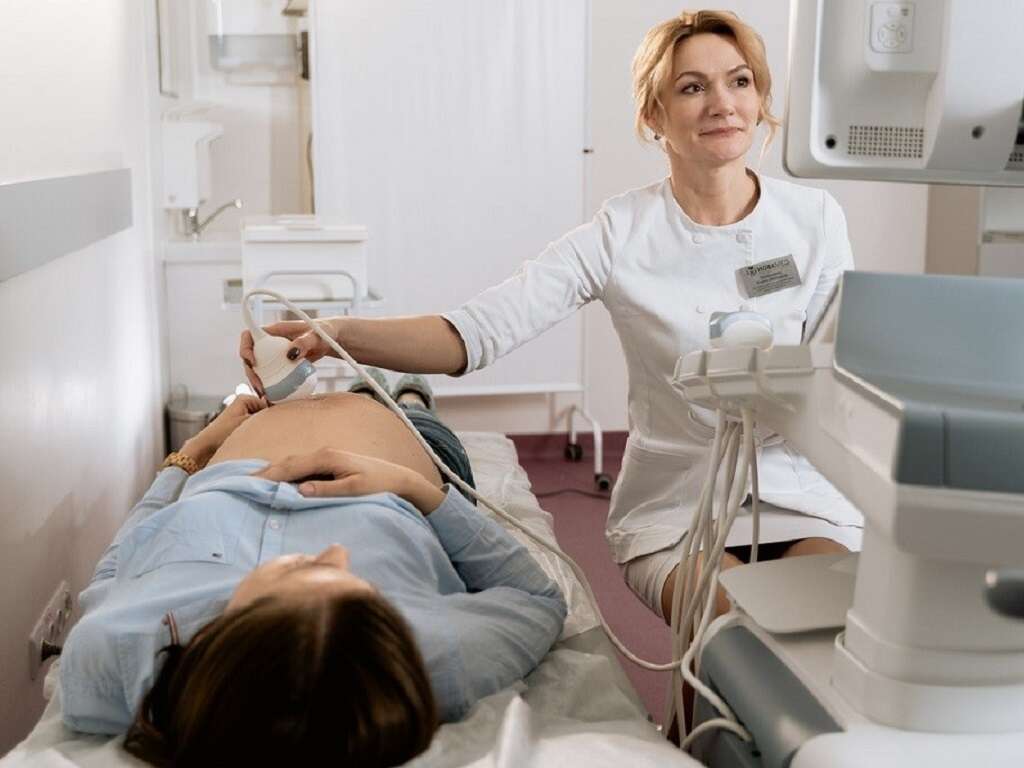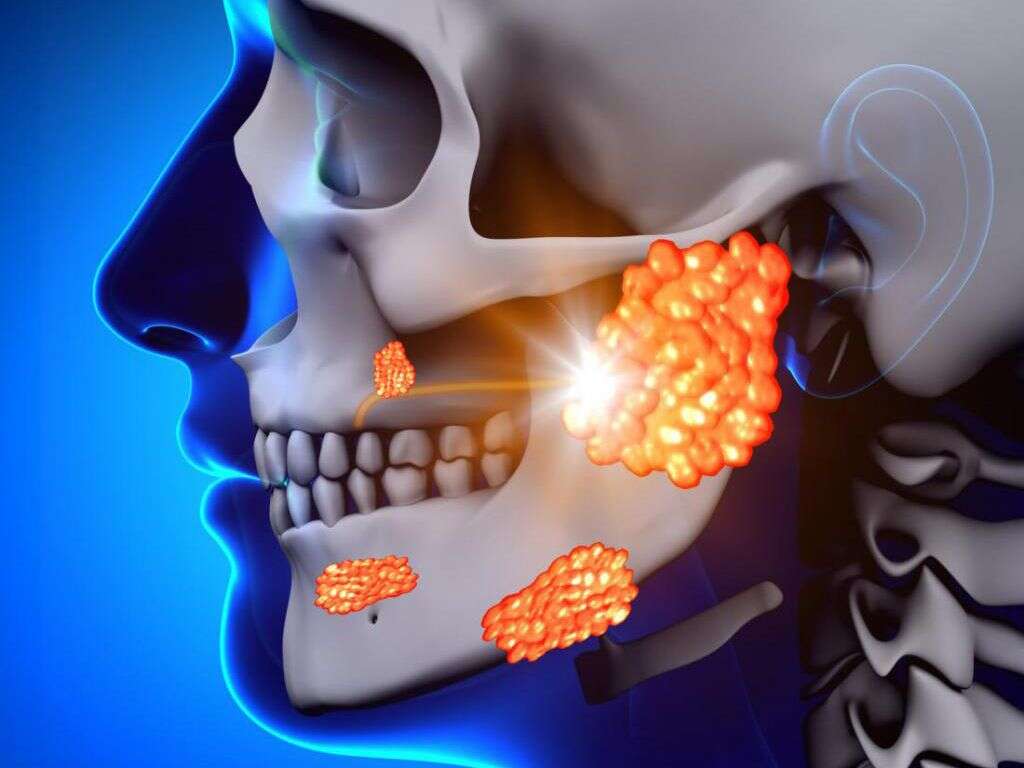What Is the Mumps?
Our saliva glands release saliva into our mouths whenever needed. The important of the fluid is often understated, and our health can be directly affected if we were to be without it for some reason. Thus, it is important that our saliva glands remain healthy, but there are some diseases that can cause them problems.
One such disease is the mumps, which can affect the saliva glands in addition to causing some other problems. The mumps is not usually something to overly concerned about, but it should not be treated with complacency. There is no treatment for the disease, but there is a vaccine that helps to prevent it.
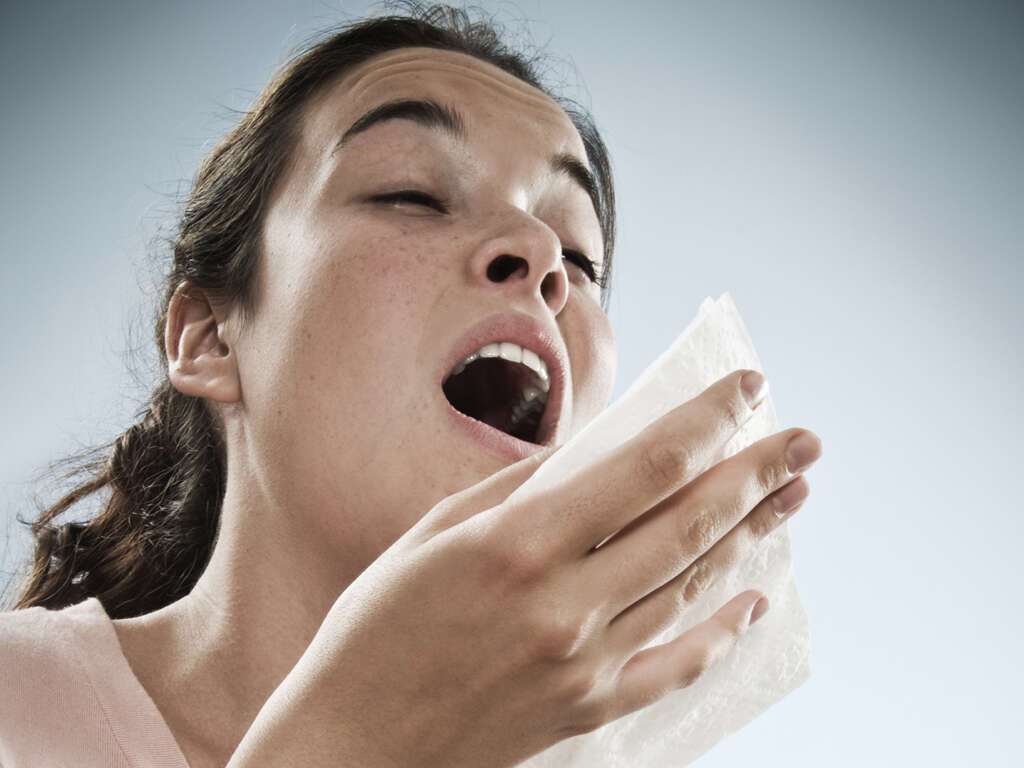
1. The Mumps
Mumps is a type of viral disease that used to be more common than it is now. It is not usually dangerous but it can cause some unwelcome symptoms. There is no treatment for the disease directly, but the patient will usually be able to recover without treatment. It will develop into something dangerous in a small number of cases.
The main reason for the fall in the prevalence of mumps is that a vaccine has been produced. Immune to the disease, few people get it in developed countries where the vaccine is administered to people when they are young. There has been an increase in cases of the mumps over the last few years, however.

2. Causes
As mentioned, mumps is a viral disease. It can have a number of effects on the patient, and perhaps the most notable is that it will affect the patient’s saliva glands. This helps to cause some symptoms that make the mumps disease quite distinctive in comparison to other diseases.
The virus is typically spread through tiny droplets of bodily fluid belonging to an infected person when they cough or sneeze. These droplets can then be inhaled or ingested, infecting the patient directly. The droplets can also land on surfaces where they will remain, potentially infecting other people who come into contact with those surfaces.

3. Swollen Cheeks
As mentioned, the mumps will infect the patient’s salivary glands. This can cause the glands to become inflamed and swell up. This will, in turn, cause the patient’s cheeks to become swollen. The swelling is often significant and very noticeable, resulting in a quite unique appearance that helps the disease easier to identify.
The inflamed saliva glands can also become quite painful. The pain and the swelling can be located on one side of the face, while both sides will be affected in some cases. The pain can also make it very difficult for the patient to swallow and chew.

4. Fever
One way that our immune systems deal with unwelcome intruders like viruses is to make the body so warm that they struggle to survive. This is a common response that is known as a fever. Fever is a common symptom of the mumps, and chills are also likely to not be far behind.
Aching muscles and joints are other possible symptoms that is also the result of an immune response. Fatigue is also a possibility, and many patients with the mumps are likely to have headaches. Some patients will also lose their appetite. The symptoms will only be very mild in some people, while some may not have any symptoms at all.
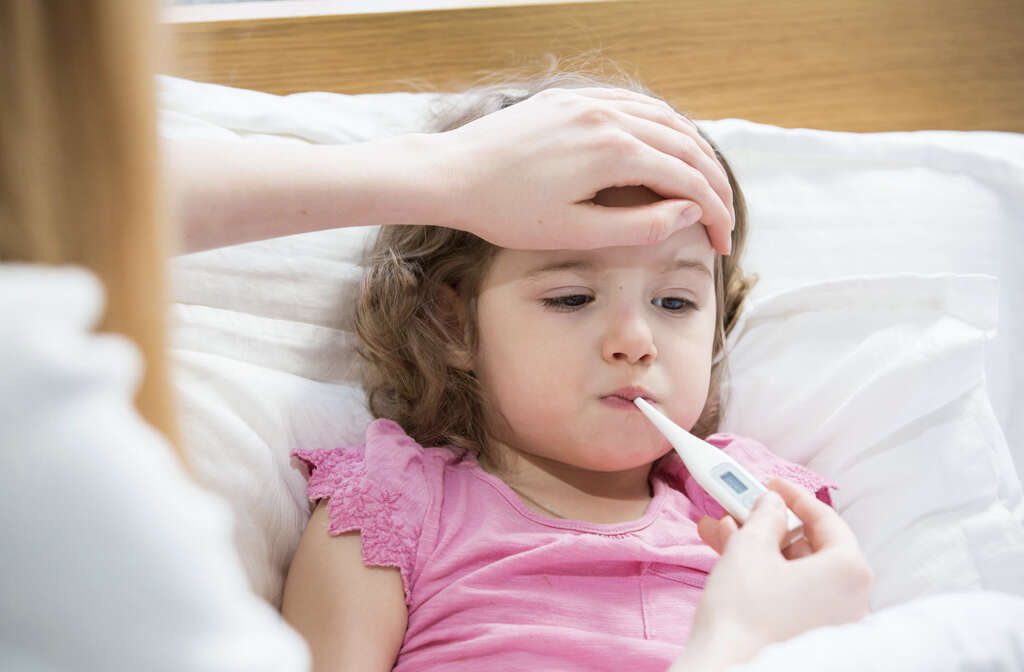
5. Inflammation Complications
In the vast majority of cases, the mumps will pass naturally with no real harm done. It does have the potential to cause serious problems, however, and some of these problems are caused by inflammation in other parts of the body. This includes pancreatitis, which happens when the pancreas becomes infected.
Orchitis, which is inflammation of the testicles, is another potential complication of the mumps. The membrane protecting the brain and spinal cord can also become inflamed in what is known as meningitis. The brain can also become infected and inflamed, which is a very serious condition known as encephalitis.

6. Other Complications
Mumps can also cause some other complications that are not caused by inflammation. One of these is that the disease can be very dangerous to unborn developing fetuses, especially when the mother is early on in her pregnancy. It can result in a miscarriage in a rare number of cases.
The mumps has also been associated with heart disease and an abnormal heart beat in a very small number of cases. There is also a very small chance that the patient can experience permanent hearing loss as a result of having the mumps. You should always tell somebody if you suspect you are experiencing severe complications, and pregnant women should be especially careful.

7. Prevention
As mentioned, a vaccine is available that will help to keep people safe from the mumps. The vaccine is usually given to children in two separate doses. It is given once when they are between 12 and 15 months old. Another is given when they are between the ages of 4 and 6 years old. People that are travelling, or are living where there’s an outbreak, may be advised to get a third jab.
Not all people are able to have the vaccine, and some may need to delay a vaccine due to certain medical conditions. Your doctor will be able to advise on whether or not somebody should be given the vaccine. Those that can’t have it are usually kept relatively safe thanks to herd immunity anyway.

8. Side Effects
While it is true that some people will have a serious reaction to vaccines, it is extremely rare that this will happen. In addition, no link had been discovered between vaccines and autism, as is often claimed. Overall, vaccines are very safe and it is encouraged that people are vaccinated for their own safety, and for the safety of other people.
Even when reactions do occur, they are usually harmless. It is quite common for people to experience the symptoms of being ill, but this will pass with no harm done. If you are experiencing a reaction to a vaccine, however, then you should let somebody know straight away.
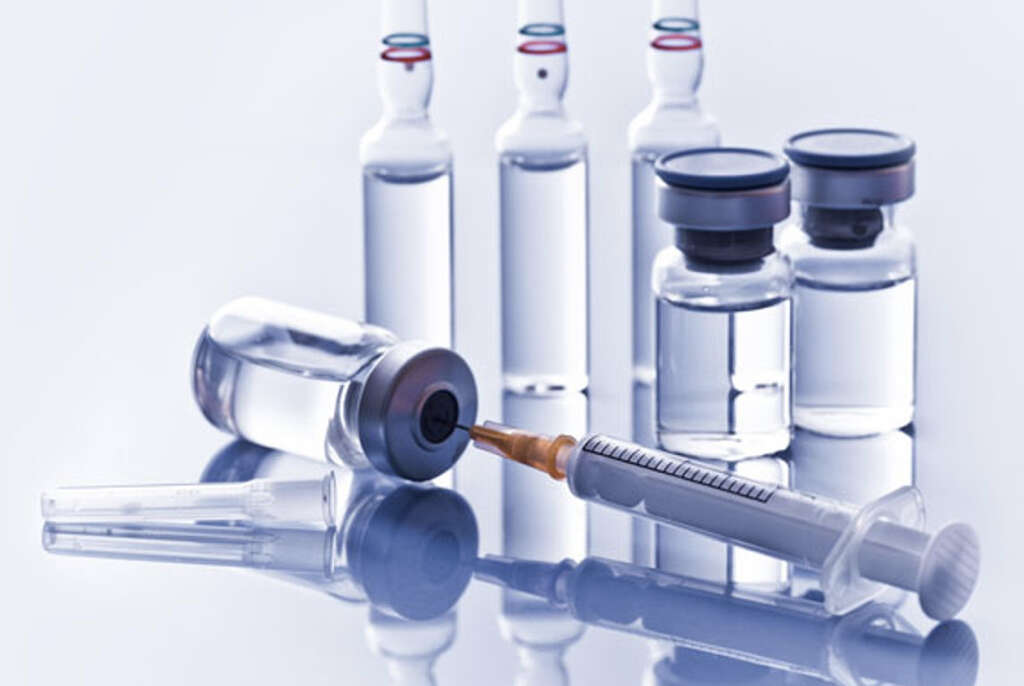
9. Diagnosis
If the patient ha swollen cheeks then it is a sign that they have the mumps. A doctor can use this information to help them reach a confirmed diagnosis. They are also likely to perform a physical exam and ask the patient about any other symptoms they may be experiencing. They may also ask if the patient has been vaccinated for the mumps.
If the mumps is suspected, the doctor will likely request a blood sample so it can be sent to a laboratory for closer examination. Experts will be able to examine the blood to see if the mumps virus is present and, if it is, they will be able to confirm the disease.
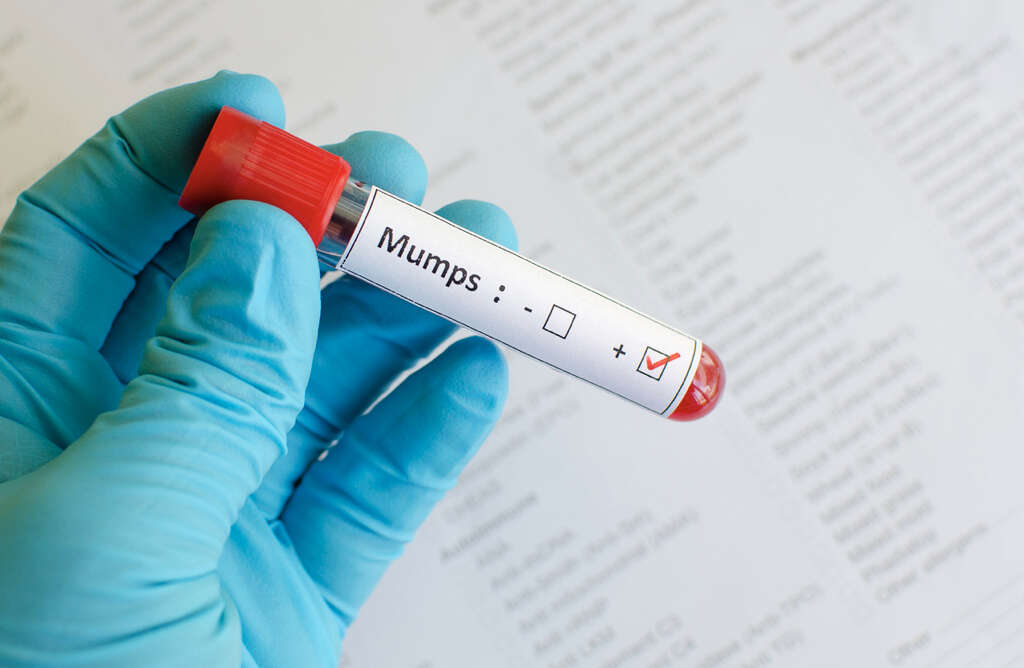
10. Treatment
There is no direct treatment for trumps, but the immune system is usually enough to fight off the disease. Patients are recommended to get plenty of rest and to isolate themselves from other people as much as reasonably possible. Most people will make a full recovery from the disease in just a few weeks or so.
Mild pain killers may be prescribed, while paracetamol or similar may be given to help relieve a fever. Some home remedies such as a cold compress may also be able to help relieve some of the discomfort. Make sure to speak with a doctor if the symptoms appear to be getting worse, or will not go away.








